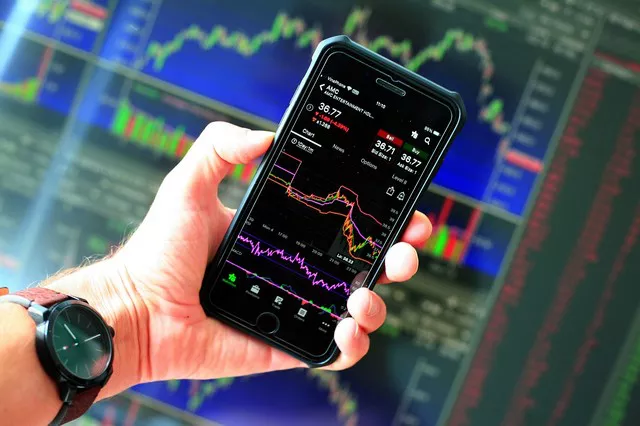Buying future stocks is an intriguing venture that offers investors the opportunity to speculate on the future price movements of a particular stock.
1. Grasping the Concept of Future Stocks
Before embarking on the journey of buying future stocks, it’s essential to understand the fundamental principles behind these financial instruments.
1.1 Future Stocks Defined
Future stocks, also known as stock futures, are contracts that allow traders to buy or sell a specific quantity of a particular stock at a predetermined price on a future date. These contracts provide a means to speculate on the future direction of stock prices.
1.2 Contract Specifications
Familiarize yourself with key contract details, including the underlying stock, contract size, contract months, tick size (minimum price movement), and the expiration date of the contract.
2. Selecting a Trading Platform
Choosing a reputable trading platform is a critical step in the process of buying future stocks.
2.1 Platform Evaluation
Research and compare different trading platforms based on factors such as fees, available markets, trading tools, and customer support.
2.2 Account Setup
Open a trading account with the chosen platform and ensure you have the necessary permissions to trade future stocks.
3. Fundamental Aspects of Buying Future Stocks
To navigate the process effectively, it’s crucial to grasp the foundational aspects of buying future stocks.
3.1 Market Analysis
Utilize both fundamental and technical analysis to inform your trading decisions. Consider factors such as the company’s financial health, industry trends, and market sentiment.
3.2 Risk Management
Implement risk management strategies, including setting stop-loss and take-profit levels, to protect your capital and potential gains.
4. Placing Future Stock Trades
With a solid understanding of the basics, you’re ready to initiate future stock trades.
4.1 Contract Selection
Choose the specific stock futures contract you wish to trade, based on your analysis and trading strategy.
4.2 Trade Execution
Specify the quantity of contracts you want to buy and select the order type (market order or limit order) to execute your trade.
5. Managing Trades and Exit Strategies
Effectively managing trades and determining when to exit are key components of successful future stock trading.
5.1 Trade Monitoring
Closely monitor your positions and stay informed about news and events that can impact the underlying stock.
5.2 Trade Exit
When you achieve your desired profit or the market conditions change, execute the trade exit based on your trading plan.
6. Real-World Considerations
Buying future stocks involves practical considerations that traders should keep in mind.
6.1 Regulation and Margin
Understand the regulatory requirements and margin implications associated with trading future stocks.
6.2 Continuous Learning
Stay updated on market trends, trading strategies, and new developments in the world of future stocks to enhance your trading skills.
Conclusion
Buying future stocks provides a gateway to participate in the dynamics of stock price movements. By understanding the mechanics of future stocks, selecting a reputable trading platform, and implementing effective risk management techniques, you can confidently navigate the world of future stock trading. Whether you’re an experienced trader or new to the concept, engaging in buying future stocks empowers you to leverage market opportunities and potentially achieve your financial objectives.


